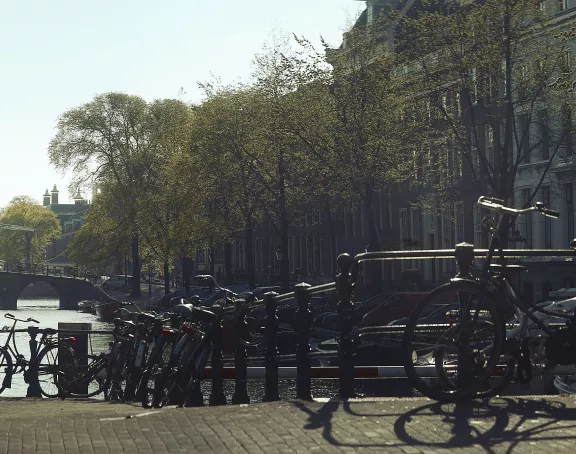Court of Appeal applies competition notion of undertaking in civil damages claim
The Court of Appeal of Arnhem – Leeuwarden recently applied the competition law notion of an 'undertaking' in a civil damages suit between TenneT and an entity belonging to the Alstom group of companies. The Court of Appeal ruled that Cogelex formed a single undertaking with its 48% shareholder Alstom. Cogelex could therefore be held liable under civil law for the competition law infringement of its 48% parent company. The Court of Appeal based its decision on a broad application of the ECJ’s reasoning in its Skanska judgment of 14 March 2019.
This judgment is a further chapter in the ongoing litigation in which TenneT is pursuing a claim for damages against Alstom relating to alleged overcharges paid as a result of the Gas Insulated Switchgear cartel ('GIS'). In 2007, the European Commission found that Alstom had infringed Article 101(1) TFEU by colluding with several other producers of GIS. The European Commission held four entities of the Alstom group liable for the infringement. Cogelex, a 48% subsidiary of Alstom Holdings, was not one of the entities held liable; in fact, it was not even included in the Commission’s investigation leading to the Decision.
TenneT nevertheless argued that Cogelex should be included among the liable entities, as it was part of the same undertaking as the infringing Alstom entities. The Court of Appeal sided with TenneT, considering that (i) it follows from the Skanska judgement that the determination of the entity which is liable for damages caused by an infringement of Article 101 TFEU is directly governed by EU law; and (ii) that, applying the relevant principles of EU law, Cogelex was part of the same 'undertaking' as Alstom Holdings, which undertaking was found to have been involved in the infringement. The Court of Appeal dismissed the argument raised by Alstom that the application of the reasoning employed in the Skanksa judgment should be limited to cases of "economic continuity". It also dismissed Alstom's argument that, by going beyond the entities that were identified as infringers by the European Commission, the rights of defence of entities such as Cogelex were infringed because they were never in a position to challenge their liability.
It remains to be seen whether, in the event of an appeal to the Dutch Supreme Court, the broad application of Skanska by the Court of Appeal will be upheld. After all, the Skanska judgment was issued in the context of a case involving "economic continuity", not in a case involving liability of parent companies for their subsidiaries (even less: liability of subsidiaries for the conduct of their parent companies). Also, from Skanska – in conjunction with the Martinair judgment of the General Court of 16 December 2015 – it is questionable whether national civil courts have room to diverge from the determination of liable entities in the infringement Decision. Indeed, in Skanska, the Court of Justice held that the concept of ‘undertaking’ "cannot have a different scope with regard to the imposition of fines by the Commission under Article 23(2) of Regulation No 1/2003 as compared with actions for damages for infringement of EU competition rules". Adding entities to the scope of liable entities also seems at odds with the Court of Appeal's own earlier interim judgment in the same proceedings. In its interim judgment of 28 August 2018, the Court of Appeal considered that the (exact) designation of liable entities by the Commission is "leading for the civil courts", "in view of the division of powers between the European (administrative) judge and the national judge". It is hard to reconcile its current ruling with the Court of Appeal's earlier views on this issue in the same case.
This article was published in the Competition Newsletter of December 2019. Other articles in this newsletter:

